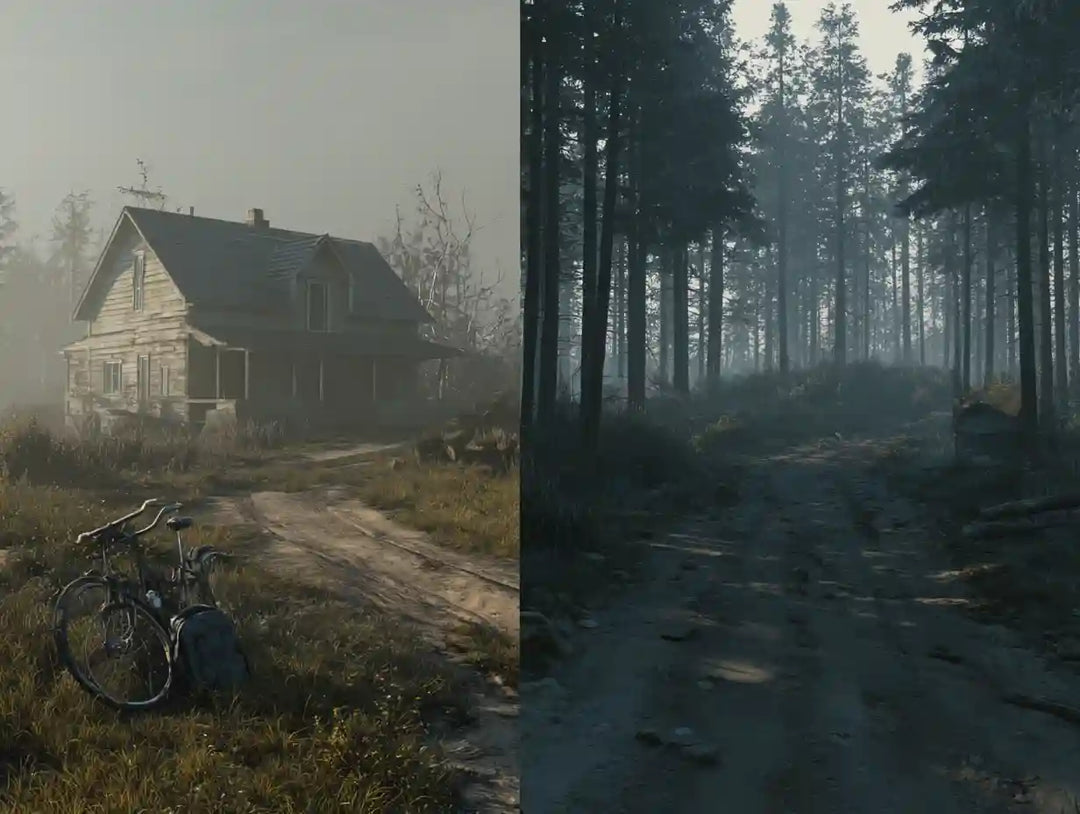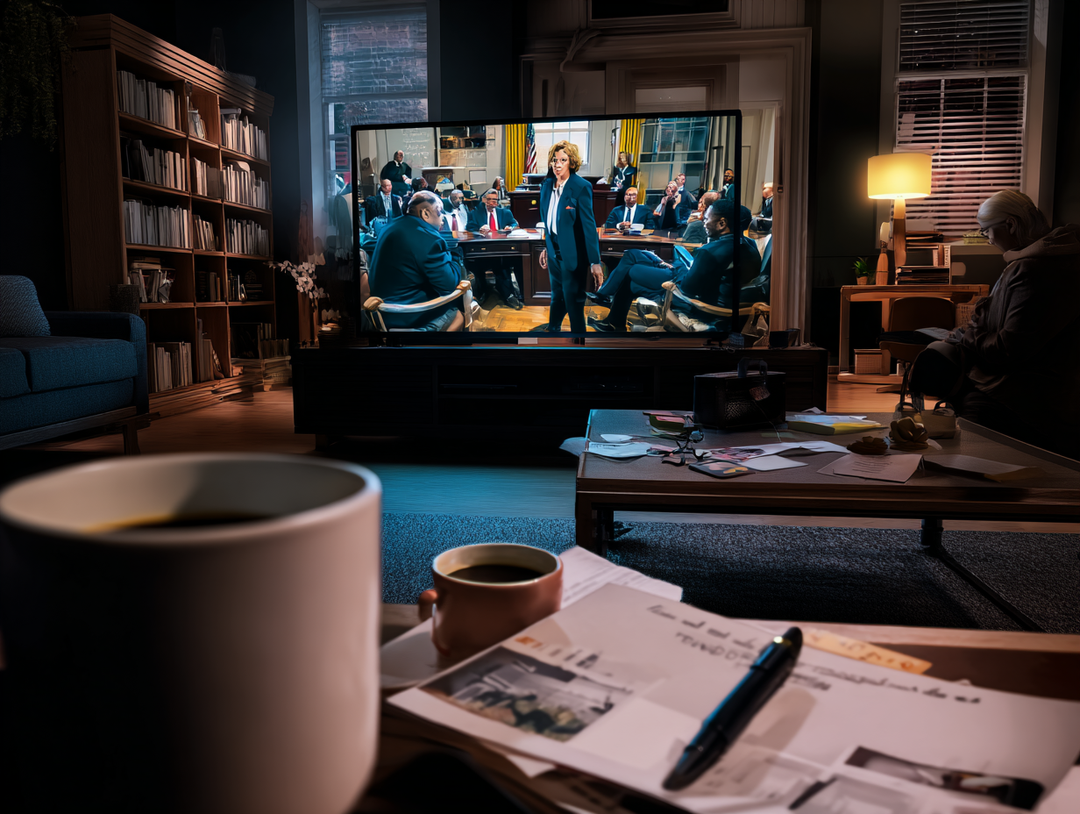Murder Mystery dinner parties are becoming more and more popular. During lockdown they were often hosted over Zoom or over other online video conferencing software and it was a great way to keep in touch with people while you were stuck at home. Once we came out of lockdown, they continued to grow in popularity as a great party activity at any social gathering. You are stepping into a world of suspense and fun with each person taking on a character and everyone becomes part of the unfolding drama as you use both scripted and improvised actions to tell your characters side of the story.
Whereas a script can serves as a roadmap, guiding you through your characters, journey, giving you dialogue, that you can just read and follow improvisation is about thinking on your feet, responding to the unexpected, and collaborating with others. This is great for people who love performing, are quite theatrical by nature or have good improvisational skills, but not everyone does. For some people the thought of attending a murder mystery party and having to ‘act’ your way through a portion of the evening fills them with dread, but it can be a lot of fun. In this blog entry we will look at some tips and tricks that you can use to help build your confidence and develop your improvisational skills.
A top tip and one that people will often forget about is simply research. Most murder mystery games will have a specific theme, an era or have characters that are based on real people or based on fictional characters. If you want to get some ideas about how to portray the character you’ve been given, research them this can help you connect with the character and understand them a little bit so you’re not just frozen on the spot when asked a question.
Improvisation Exercises

Below are some exercises that can help you to develop your improvisational skills and therefore make the murder mystery party less scary.
Word Association, you’ve perhaps played this game at school or at a party already. You start with a random word and have someone respond with the first word that comes to mind, the next person will say the first word that comes to their mind and so on. Some people prefer to give themselves a bit more structure by using the alphabet as a guide, with each person taking a letter. This help wake your brain up and start thinking on the spot.
Example: Apple, Banana, Chimpanzee…
Two-Word Storytelling, again you may possibly have done this at school or at Scouts or Brownie’s. You can work with a partner or with a group of people, simply take it in turns to tell part of a story but adding only two words at a time. By accepting each contribution you allow the story to unfold. In drama class we use the “Yes and” method to develop our improvisational skills.
“Yes and…”, is a tool used when improvising a scene. People take turns adding ideas, and the key is to always say "Yes, and..." before adding your own contribution. This helps create a cooperative and creative atmosphere, where everyone builds on each other's ideas. It's a simple yet effective way to encourage spontaneity and keep the flow of creativity going.
Example:
Person A: I went to the zoo last week….
Person B: Yes and there was a big gorilla who looked at me funny
Person A: Yes and he threw mud at me
Person B: Yes and it went in my hair, I had to try and wash it out in the bathroom
Person A: yes and there was a lizard in corner.
Person B: yes and it winked at me. I was very confused.
Mirror Exercise, promotes cooperative work. In pairs you stand facing each other. One person moves and their partner tries to cop their movements and expressions. This exercise promotes non-verbal communication and the ability to respond to subtle cues, which can help you find your way if you’re losing the plot.
Object Transformation is exercise, where you take a simple object and pretend it’s something else, you have to think of the object on the spot and so it’s good for quick thinking, and encourage you to see everyday things in different ways. It’s probably something you did as a kid a lot. That’s really all improv is, it’s playing.
Example: pretending a pen is a magic wand or a telescope or imagining that a cardboard box is a car or a train.
Random Objects is a good way to follow on from object transformation. You put random objects into scenes and then find creative ways to justify their presence.
Example: while your sat in the kitchen, go and fetch an object from another room, one that you don’t normally see in a kitchen and then ask yourself why it’s there.
‘Make it up’ Monologues is something that you can do on your own to help develop your improvisation skills. Choose a topic, it can something you know a lot about or something you don’t know a lot about and then improvise a monologue about that topic for one minute. Then, switch to a completely different topic, this can help you to shift focus quickly.
Emotional Monologues is a good follow up to the previous exercise. You may even be able to use some of the material you came up with previously. Pick a topic and talk about it. As you’re doing so change how you feel about that object, does it make you happy? Does it make you sad? Does it make you angry? Change how you talk about that object based on various emotions and change your tone often.
Character Creation is good when you’ve started feeling more confident about your improvisational skills. Draw up a list of diverse characters, different ages, genders, personalities and spend a few minutes improvising as each character, explore their different voices and personalities. Think about how they might stand and move and react and just have a little fun with it.
Remember, the key to successful improvisation is to embrace spontaneity, actively listen to others and don’t be embarrassed or self-conscious, just relax and be silly, everyone else is in the same boat as you. These exercises provide a structured way to hone your improvisational skills, promote quick thinking, adaptability, and creativity.

General Tips for attending a murder mystery.
A good murder mystery host will make sure you are given your character in advance, this will allow you time to study the character, if they’re based on a real person, look them up. If you want anymore information, simply ask your host.
Once you know your character, think about what they might wear, while fancy dress is usually not compulsive, if you dress the part, it might make you feel more confident and help you get into character more easily.
While you’re in character keep an eye out for clues and pay attention to what other characters are saying. Clues may come from various interactions and if a murder mystery is written well, the clues won’t be too hard to pick up on, often it’s in what’s being said.
Be respectful and follow the rules, other people may be feeling the same way as you are, try to avoid interrupting another character, unless specifically instructed to do so in your character guide (this is something you’ll be given at the start of the party and will tell you the basics of what you need to know to play the game). A good host will keep things running smoothly and will make sure any instructions are given clearly.
Get involved, talk to other characters, and ask questions, you don’t even have to make these up or really improvise at this point as most murder mystery games will tell you what to say and will give you a list of questions you need to ask other characters. You don’t need to be good at improvisation to get involved, but it’s a good way to develop your confidence and can help you more fully immerse yourself in the event.
Don’t worry if it doesn’t make sense right away or if you’re struggling, building your confidence in life, not just in acting is a gradual process and a continuous journey of growth and self-discovery. Even the most famous actors will have their own methods, they’ll practice, and they’ll research. It’s very rare even for a professional to show up and just do it. So don’t worry if you feel nervous or overwhelmed by it all. You won’t be alone, so just embracing the challenges, stay open to learning and try and enjoy the experience and that these exercises help you on your journey of self-discovery. We hope you have fun at your next murder mystery event, and if you fancy hosting your own you can browse through our selection of games at Masters of Mystery.








